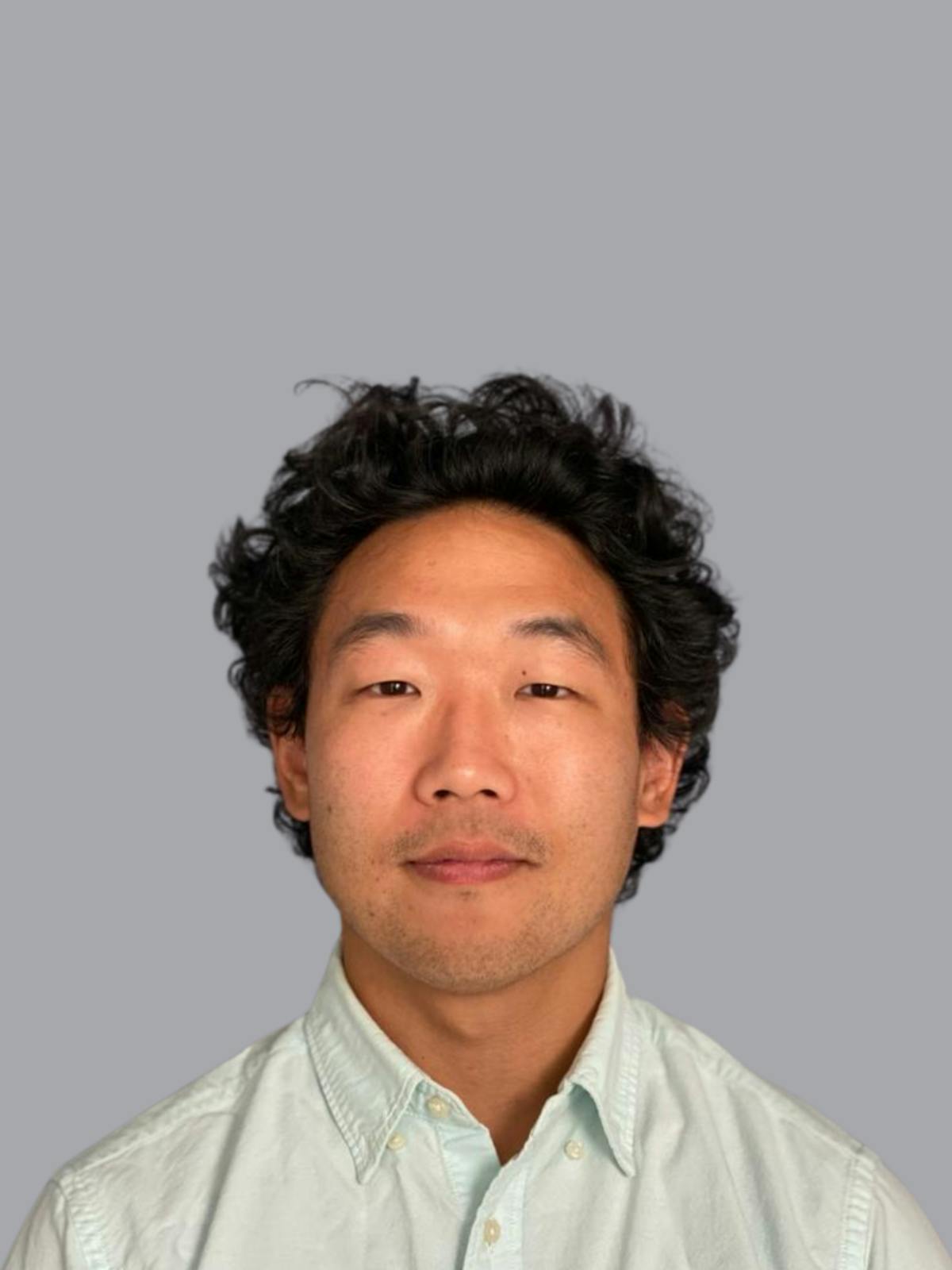ADHD Doctors: Who Can Diagnose and Treat ADHD?
 by Chris Yun, MD
by Chris Yun, MD
What is ADHD?
Attention Deficit Hyperactivity Disorder, or ADHD, is a common neurodevelopmental disorder, often diagnosed in childhood (though it can persist into adulthood. We still don’t know what causes ADHD, or if it stems from inborn or environmental causes. Researchers are studying potential causes including brain injury, environmental exposures (such as lead) and premature birth.
People with ADHD have normal intelligence, but often struggle to manage their tasks and plan ahead. They may be energetic and motivated but lack follow-through, which can lead to stress and difficulty managing one’s day. If you suspect yourself or a loved one of having ADHD, read on to learn more about the symptoms and how to find treatment.
Typically, symptoms fall into two categories:
Inattentiveness
Hyperactivity or impulsiveness
More specifically, ADHD symptoms include the following:
Being easily distracted, or having a short attention span
Forgetfulness
Lack of attention to detail (e.g., making careless mistakes at work)
Inability to prioritize tasks or manage one’s time
Difficulty with organization
Poor listening skills
Constant fidgeting/restlessness
Overimpulsive behavior
Issues with money management
Excessive talking
Hyperfocusing on subjects of interest (often to the detriment of other important tasks)
Mood swings
Most importantly, since all of us experience these symptoms at one time or another, a diagnosis of ADHD requires that these symptoms routinely impair one’s function at home, school, or work.
While you may suspect you have ADHD, only qualified professionals can screen, diagnose, and treat you.
Who Can Diagnose ADHD?
A formal diagnosis will allow you or your loved one to access medications, therapies, tools and accommodations that will help you manage your ADHD symptoms Professionals qualified to diagnose ADHD include the following:
Psychiatrists
Psychiatrists are medical doctors who specialize in mental health. In addition to screening for ADHD, they may screen for other disorders like anxiety and depression, which frequently coexist with ADHD. They can provide therapy and prescribe medication.
Psychologists
Psychologists are not medical doctors but can assess patients for ADHD as well as other mental health disorders. They can provide behavioral therapy and counseling but they cannot prescribe medication.
Primary care physician
Your primary care physician is also qualified to perform the above screenings but may refer you to a specialist. They will also be able to provide medication.
Pediatrician
Your child’s pediatrician can also diagnose and treat ADHD, although they may refer you elsewhere.
Nurse Practitioners and Physician’s Assistants (PA)
While not medical doctors, Nurse Practitioners and Physician’s Assistants can also diagnose and treat ADHD, and prescribe medication.
How is ADHD Diagnosed?
Usually, ADHD diagnosis involves several steps on the part of you or your loved one and your diagnosing professional. These include:
Standardized Assessments and Tests: There are several tests for children and adults, but common ones are:
Vanderbilt Assessment Scale: This scale, completed both by the child’s caregivers and teachers, assesses children for ADHD as well as depression and anxiety
SNAP Questionnaire: Another questionnaire for older children and teenagers that assesses for ADHD and ODD (Oppositional Defiant Disorder)
Adult ADHD Clinical Diagnostic Scale (ACDS): 18 questions centered on ADHD symptoms.
Brown Attention-Deficit Disorder Symptom Assessment Scale (BADDS): 40 questions for adults that examine attention, memory, and mood issues.
Patient History
An in-depth conversation is required in addition to standardized questionnaires to assess the extent to which these symptoms impact the patient’s life.
Diagnosing ADHD in Adults
Many adults, especially women, have undiagnosed ADHD. They may be better at masking their symptoms or have learned to adapt around them. Adults may seek an ADHD diagnosis and treatment once the symptoms finally become unable to manage and have experienced frustration at home or work.
Choosing a Doctor
Not all doctors are well educated on ADHD- the field is changing rapidly and if your physician doesn’t keep up with it, their treatments may be out of date. Consider the following when you look for a doctor to help diagnose and treat you:
Asking if they are involved with any ADHD advocacy groups.
Asking how many ADHD patients they have diagnosed and treated.
Asking for details about their assessment and treatment process.
Asking about ADHD-specific training they or their staff may have.
Inquiring about costs and insurance coverage.
Conclusion
Many people have undiagnosed ADHD, even into adulthood. While the disorder can be challenging, the good news is that effective treatment exists, and ADHD sufferers can live productive and happy lives with the right interventions. If you or a loved one struggles with inattentiveness, difficulty focusing, restlessness, mood swings, or organization, you or they may have ADHD. Reach out to your primary care physician today- or one of ours- and ask about receiving an ADHD assessment.
FAQ
How do I get my child tested for ADHD?
By asking for an ADHD assessment from your child’s pediatrician. They will ask for patient history, anecdotal data, perform tests and questionnaires, and measure your child’s symptoms against the diagnostic criteria for ADHD in the DSM-5.
Can all doctors diagnose ADHD?
Not all. Only psychologists, psychiatrists, neurologists or primary care providers, including pediatricians, are qualified. Some primary care physicians and pediatricians will refer you to a specialist for a diagnosis
Who can prescribe ADHD medications?
Psychiatrists, primary care physicians, nurse practitioners, and physician’s assistants can all prescribe ADHD medications.